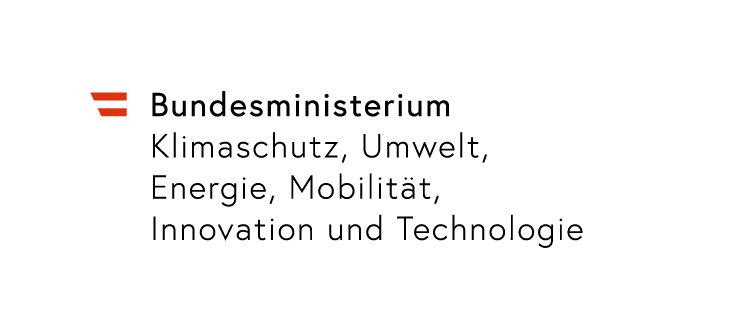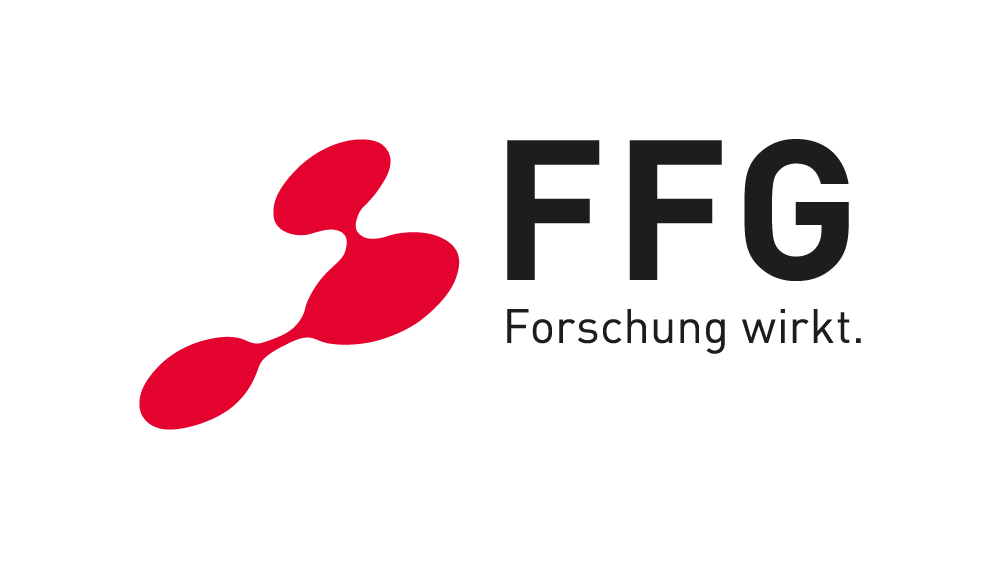The entire construction industry in general, but also building services engineering and supply technology in particular, have a great potential for optimization in terms of their greenhouse gas emissions and waste generation, as they are responsible for more than a third of the global greenhouse gas emissions. One way in which this proportion can be reduced is by replacing petrochemical raw materials in polymer components with bio-based base materials. Bio-based plastics can make a significant contribution to resource efficiency and the circular economy, especially if they are produced regionally, used and reused or recycled sensibly.
Ecological alternative: sockets made from bio-based plastics
Bio-based plastics found their way into the construction sector years ago as insulation material or in horticulture, but there is one area of the construction sector where fossil raw materials have been used almost exclusively to date: in building services engineering (BSE) and supply technology. For sockets, switches or pipes and other technical components, there are still hardly any or no biogenic alternatives on the market. Together with the Department Green Engineering & Circular Design at FH Salzburg as a scientific partner and the industrial partners Miraplast Kunststoffverarbeitungs GmbH, Schnabl Stecktechnik, Tecnaro GmbH and agru Kunststofftechnik GmbH, our Institute of Polymer Processing now wants to change this.
A total of eight different bio-based materials will be examined in the project, with both unreinforced and reinforced materials and, above all, recycled materials will be scrutinized. The first prototypes will then be produced using the materials studied and compared with the components conventionally produced available on the market. A life cycle analysis will show the potential of the bio-based base materials.
Institute of Polymer Processing: Years of experience with bio-based polymers
The Institute of Polymer Processing at Montanuniversität Leoben has been working on the processing of bio-based and biodegradable polymers in various technologies for many years and is contributing its valuable expertise in this field to the CirularBioMat project. In Leoben, the selected materials will be tested for their processability and corresponding production processes will be developed in Injection Molding, Extrusion and Additive Manufacturing. At the end of the project, molded parts will be available for life cycle analysis.
Funding: Die Österreichische Forschungsförderungsgesellschaft FFG
Duration: 01.01.2024 – 31.12.2026
Partner:Department Green Engineering & Circular Design at FH Salzburg, Miraplast Kunststoffverarbeitungs GmbH, Schnabl Stecktechnik, Tecnaro GmbH, agru Kunststofftechnik GmbH
Contact:
Dipl.-Ing. Stephan Schuschnigg
+43 3842 402 - 3511


